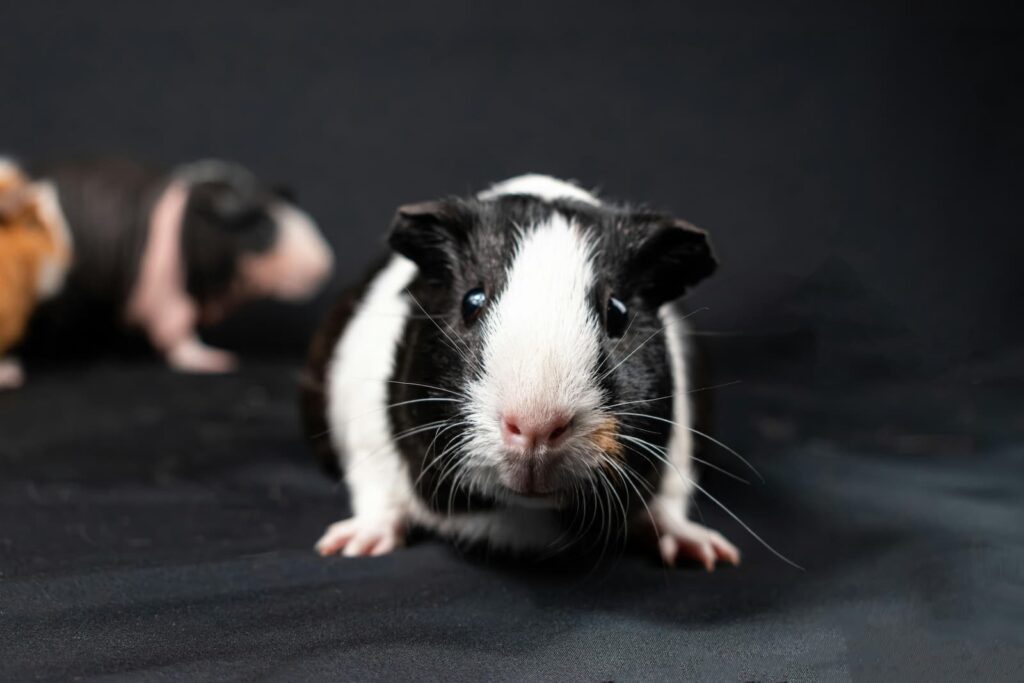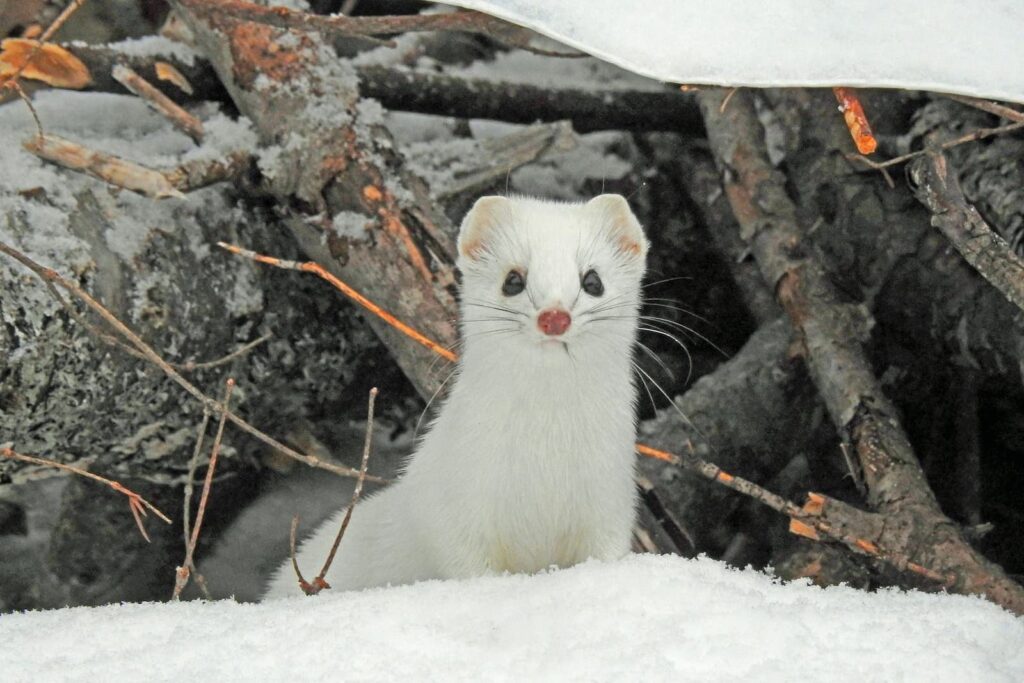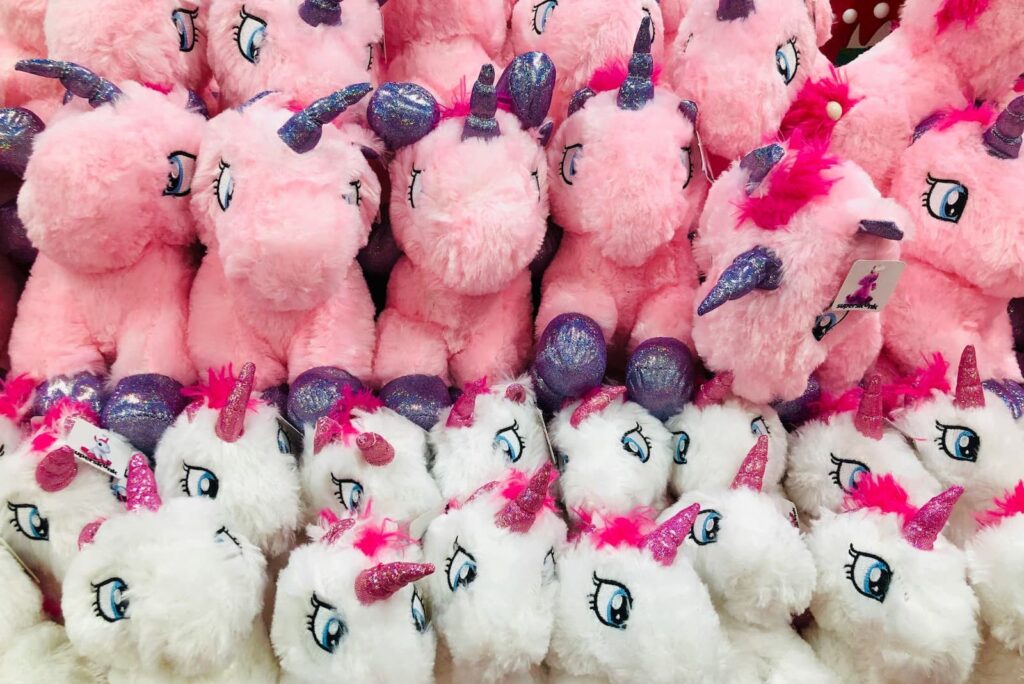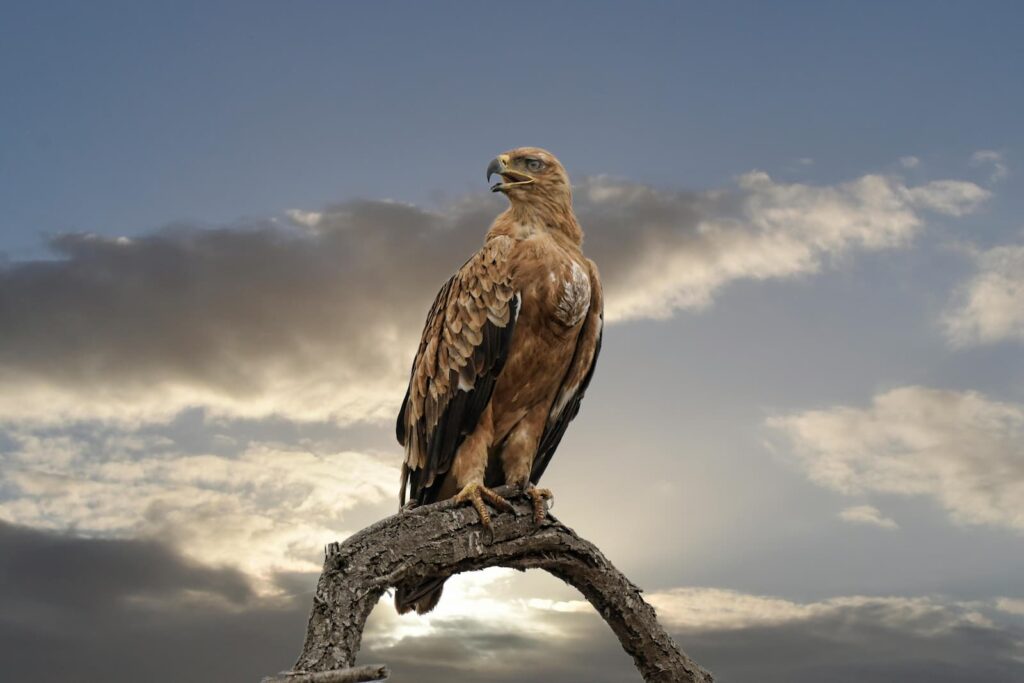
David
Republished on (Originally released on )
![14 Animal Names You Can Use to Describe People [Updated] 14 Animal Names You Can Use to Describe People [Updated]](https://assets.blog.engoo.com/wp-content/uploads/sites/9/2024/06/10060225/animal_people_names_cover-1024x683.jpg)
If you heard someone being called a "rat," you'd probably guess that it doesn't have a good meaning — but what exactly does it mean?
This article will introduce animal names you can use to describe people. Sometimes the meanings are good and sometimes they're bad, but they're all creative ways that communicate ideas quickly.
(Before you read the explanations, look at each name on the list and try to guess what kind of person they may describe! Are there any animal names used the same way in your native language?)

Guinea pigs are small, furry animals that look similar to hamsters. They're popular as pets but also as test animals in scientific research. As a result, native speakers call someone a "guinea pig" if they're the first to try something new or risky.
I signed up to be a guinea pig for the medical trial.
Aside from the green insect with long legs, "grasshopper" is also slang for a student or someone with little experience.
This usage comes from the American TV series Kung Fu. In the show, the master uses it to refer to his young trainee. It's commonly used today in a joking way.
Have patience, young grasshopper. You'll learn everything at the proper time.
Cougars, also called mountain lions or pumas, are large cats that live throughout North and South America. They hunt for animals like deer, goats and sheep.
However, human "cougars" hunt for something very different! Since the early 2000s, it's become a slang term for women who like to date much younger men.
Monica says she's not a cougar, but her boyfriends are always a lot younger than she is.

Weasels are small mammals with long bodies and short legs that can be found in countries around the world. In some cultures, they represent evil or bad luck.
When talking about a person, a "weasel" is someone sneaky or who cannot be trusted.
I'd be careful around him if I were you; he seems like a weasel.
There's also the expression "weasel one's way out of something," which has a negative nuance and refers to escaping responsibility or a difficult situation.
Tim weaseled his way out of joining the meeting, so the boss gave his assignment to me instead!
We have a Daily News lesson all about weasels here.
Moles are small animals that dig holes and travel underground. There's a popular arcade game based on them, and they've even inspired a character in the Super Mario games.
Because they move in places that can't be seen easily, native speakers refer to spies as "moles." In particular, moles are people who enter a country or organization and secretly share information they collect with a rival.
Be extra careful because there may be a mole hiding in the company.
Wolves are known for traveling in packs, but "lone wolves" are often by themselves, and the same is true for some people.
However, lone wolves may not be lonely; some people are simply more comfortable alone or don't want or need help from others.
Terry is a lone wolf who prefers to be by himself most of the time.
Real bears are big, dangerous animals, but teddy bears are soft, cute toys for children.
Calling a person a "teddy bear" combines these two ideas — they may seem scary to people who don't know them, but in reality, they're very kind.
People think Mitch is a tough, scary guy, but when you get to know him, you'll see he's actually a teddy bear.

Unicorns are creatures that look like horses but with a single horn sticking out of their foreheads.
Because unicorns don't exist in real life, native speakers use this term casually to refer to someone with special features or skills that are very difficult to find.
We were extremely lucky to hire Susan. She's a unicorn with all of the skills we needed and more.
Unlike mice, which some people think are cute, rats usually have a dirty image. As a result, when we refer to someone as a "rat," we're saying that person can't be trusted.
Tom is a rat who'll betray you quickly if it gives him an advantage.
"Ratting on" someone (or "ratting someone out") is betraying them by sharing secret, sensitive information.
I never should have trusted you — I knew you would rat me out someday.
"Rat" can also refer to someone who spends a lot of time in a particular place. This usage isn't as negative as the ones above.
Malik and his friends are mall rats; they go there every day after school just to hang out.

Sharks are large, dangerous fish that are known to attack humans. Jaws, a film about a killer shark and one of the first summer blockbusters, was a big hit when it was released in 1975.
Human “sharks” are business people who'll do anything to achieve success — even lie, steal and cheat.
Although the company is very successful, it's run by a bunch of sharks.
Doves are white birds that often represent peace. Similarly, we call people "doves" if they support peace and cooperation with others.
You might read or hear this term in news stories about politics and international relations.
The new leader is a dove who hopes to improve relationships with neighboring countries through collaboration.

In politics, "hawks" are the opposite of doves; they have more aggressive ideas and are more likely to support war.
The addition of two hawks to the presidential cabinet is likely to have a major impact on the nation's foreign policy.
Workhorses are horses used for work instead of riding or racing. They're known for being strong and dependable.
When talking about a person, it refers to someone who can do good work even in difficult conditions or for long periods of time.
Everyone on my team is a workhorse; we often stay at the office until late into the night and nobody complains.
You can also use this term to refer to a reliable machine.
This refrigerator is older than me, but it still works perfectly. It's a real workhorse.
Sheep are normally white, so a black sheep would definitely stand out among others.
That's why we use this term to describe people who are different than others in their family, friend group, organization, etc.
Jules is the black sheep of the family; she's a professional dancer while everyone else studied engineering.
It's completely fine to say something like, "I don't like that guy. I think he's dirty." But it's much quicker and more expressive to simply say, "He's a weasel!"
Add these expressions to your vocabulary to spice up your English and give it a more natural feeling. If you'd like to try using any of these terms in a real conversation, book a lesson on Engoo with one of our friendly tutors today!
